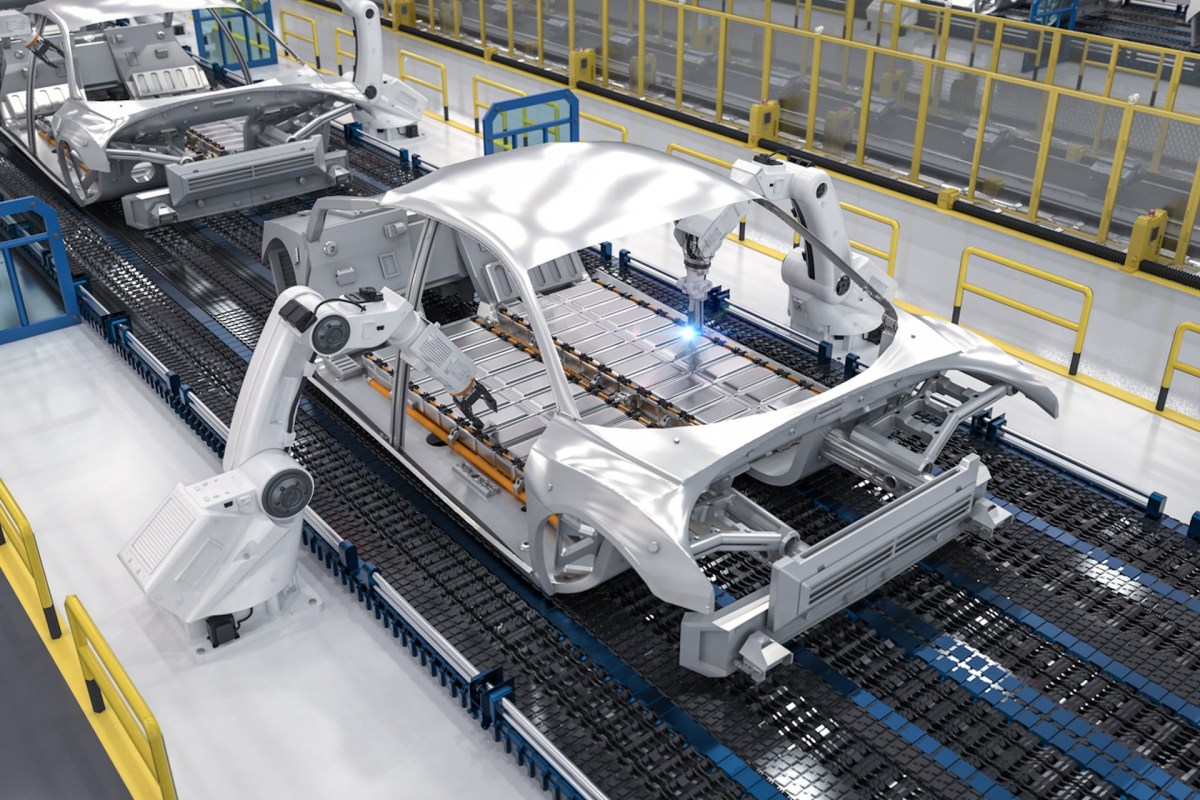Two senators wrote a letter to push the United States to catch up with China in battery production and next-generation battery research, Reuters reported Nov. 6.
Mark Warner, chair of the Select Committee on Intelligence, and Joe Manchin, chair of the Committee on Energy and Natural Resources, requested the groups be briefed "on ongoing research and development of next-generation battery technologies" by Dec. 1.
They stated the U.S. is "ten to twenty years behind Asia in commercialization of battery technology" and noted that China manufactures more than three-quarters of battery cells. China made 70% of lithium-ion batteries in 2022, while the U.S. accounted for less than 10%.
In October, China announced it would limit exports of graphite, which is a critical component in battery production. That came on the heels of a reported Australia-Indonesia partnership that could derail China's market supremacy.
Warner and Manchin asked the Department of Energy to "coordinate with federal, state, and tribal permitting agencies to accelerate reviews for domestic mining and processing facilities to secure our supply chains for next-generation battery manufacturing," saying China controls 60% to 100% of the mining or refining of five critical minerals required for most lithium-ion batteries.
The letter said China's "near-monopoly over battery production, and the upstream materials they require, poses substantial defense and economic security vulnerabilities." It asked the U.S. to support domestic companies in the development and production of solid-state electrolyte, sodium-ion, lithium-sulfur, and iron-oxide batteries.
The building blocks of electric vehicles are critical in the race to decarbonize industries in line with the Paris Agreement, a legally binding international treaty "to limit the [global] temperature increase to 1.5°C (2.7 degrees Fahrenheit) above pre-industrial levels" that was signed by 196 nations in 2015.
Since EVs produce zero tailpipe pollution, they reduce harm to the environment. They also are more cost-effective than internal combustion engine vehicles, though the distance they can travel on a single charge varies, which can lead to range anxiety for drivers, especially in places without widespread charging infrastructure.
The process of manufacturing EV batteries and the products' eventual disposal are also cause for concern, which is why so many countries are looking to make waves in the development of new battery technologies.
Join our free newsletter for weekly updates on the coolest innovations improving our lives and saving our planet.









